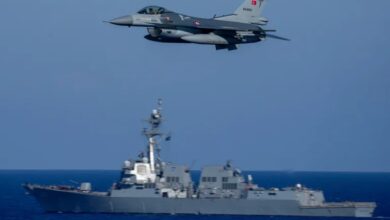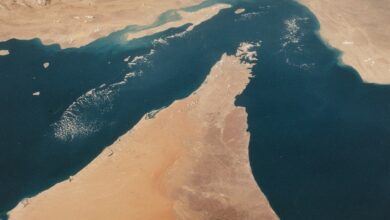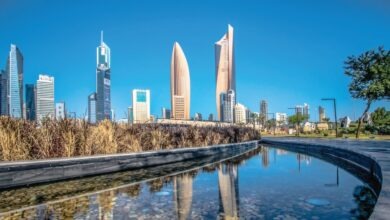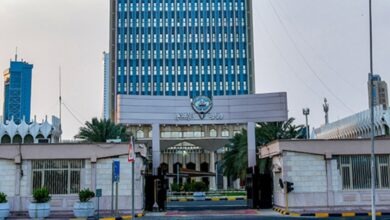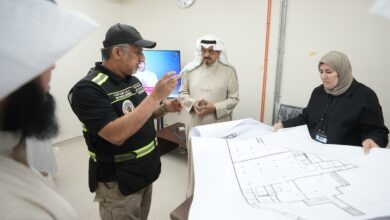A new era of dynamic partnership dawns between the EU and the GCC
Today, we are revitalizing our strategic partnership so that by the next EU-GCC summit, we can present a shared vision and concrete results that bring stability, prosperity, and hope to our peoples -- Kaja Kallas
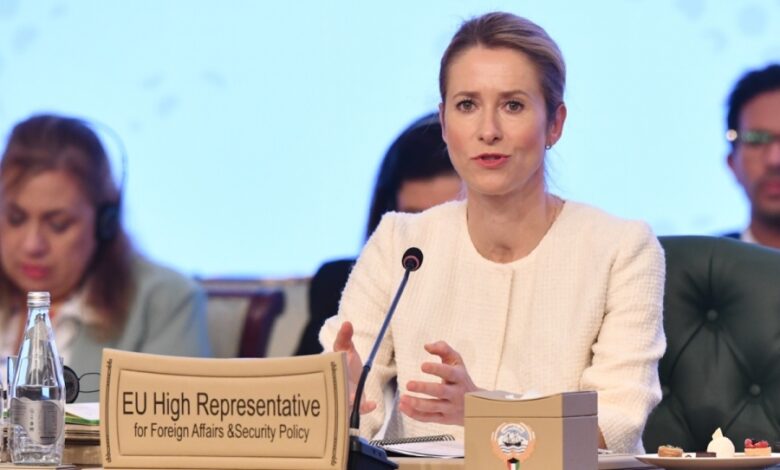
High Representative of the European Union for Foreign Affairs and Security Policy and Vice-President of the European Commission Kaja Kallas affirmed that relations between the European Union (EU) and the Gulf Cooperation Council (GCC) are entering a new phase of dynamism and strategic cooperation.
Speaking at the 29th Joint Ministerial Meeting between the EU and the GCC, hosted by Kuwait, Kallas highlighted that both sides are advancing collaboration in trade, energy, green transformation, security, and humanitarian action, reports Al-Rai daily.
She pointed to the establishment of practical mechanisms such as the Investment Dialogue, the Green Transformation Forum, systems for radiation data exchange, and frameworks for disaster preparedness as tangible signs of progress.
Kallas stressed that the world is facing escalating conflicts and human suffering, calling for respect for sovereignty and territorial integrity as well as global solidarity to confront challenges threatening international stability.
Reflecting on global events, she said 2025 has brought renewed turmoil, and expressed the EU’s solidarity with Qatar, reaffirming the bloc’s commitment to defending the sovereignty of nations.
She described the Russian war on Ukraine as a blatant violation of the UN Charter, emphasizing that the EU continues to provide military, economic, political, and diplomatic support to achieve a just and lasting peace based on international law.
Kallas welcomed U.S. President Donald Trump’s diplomatic efforts to end the Russian aggression and praised the GCC countries for their mediation in prisoner exchanges and the return of Ukrainian children. She encouraged Gulf partners to leverage their diplomatic ties with Russia to push for an immediate ceasefire and meaningful peace talks.
Turning to the Palestinian issue, Kallas voiced deep concern over the humanitarian crisis in Gaza, underscoring that ending civilian suffering is a top EU priority. She noted that the EU is the largest humanitarian donor to Gaza, and has formed a new donor group for reconstruction, pledging €1 billion between 2025 and 2027 to support the Palestinian Authority’s reform agenda. She also urged Israel to release withheld tax revenues.
Commending President Trump’s mediation efforts toward a ceasefire and a two-state solution, Kallas welcomed Hamas’s acceptance of the proposed terms and called on both sides to engage in direct negotiations to end the cycle of violence.
On Sudan, Kallas described the situation as one of the worst humanitarian crises worldwide, urging all factions to grant aid access, respect international law, and commit to peace talks. She reaffirmed the EU’s commitment to supporting Sudan’s sovereignty and unity.
Discussing Syria, she welcomed recent positive developments, emphasizing the importance of inclusive governance, protection of all citizens, and continuing the transitional process. She noted that sustained international political and financial support would be vital to reconstruction efforts.
Kallas also praised the role of EU Special Representative for the Gulf Luigi Di Maio, who has strengthened relations since 2023. She announced that the European Commission will adopt the Mediterranean Charter next week, establishing a cooperation framework with Southern Neighborhood partners and opening the door for Gulf participation in shared initiatives.
Concluding her address, Kallas said: “Today, we are revitalizing our strategic partnership so that by the next EU-GCC summit, we can present a shared vision and concrete results that bring stability, prosperity, and hope to our peoples.”
Follow The Times Kuwait on
X, Instagram and Facebook for the latest news updates







